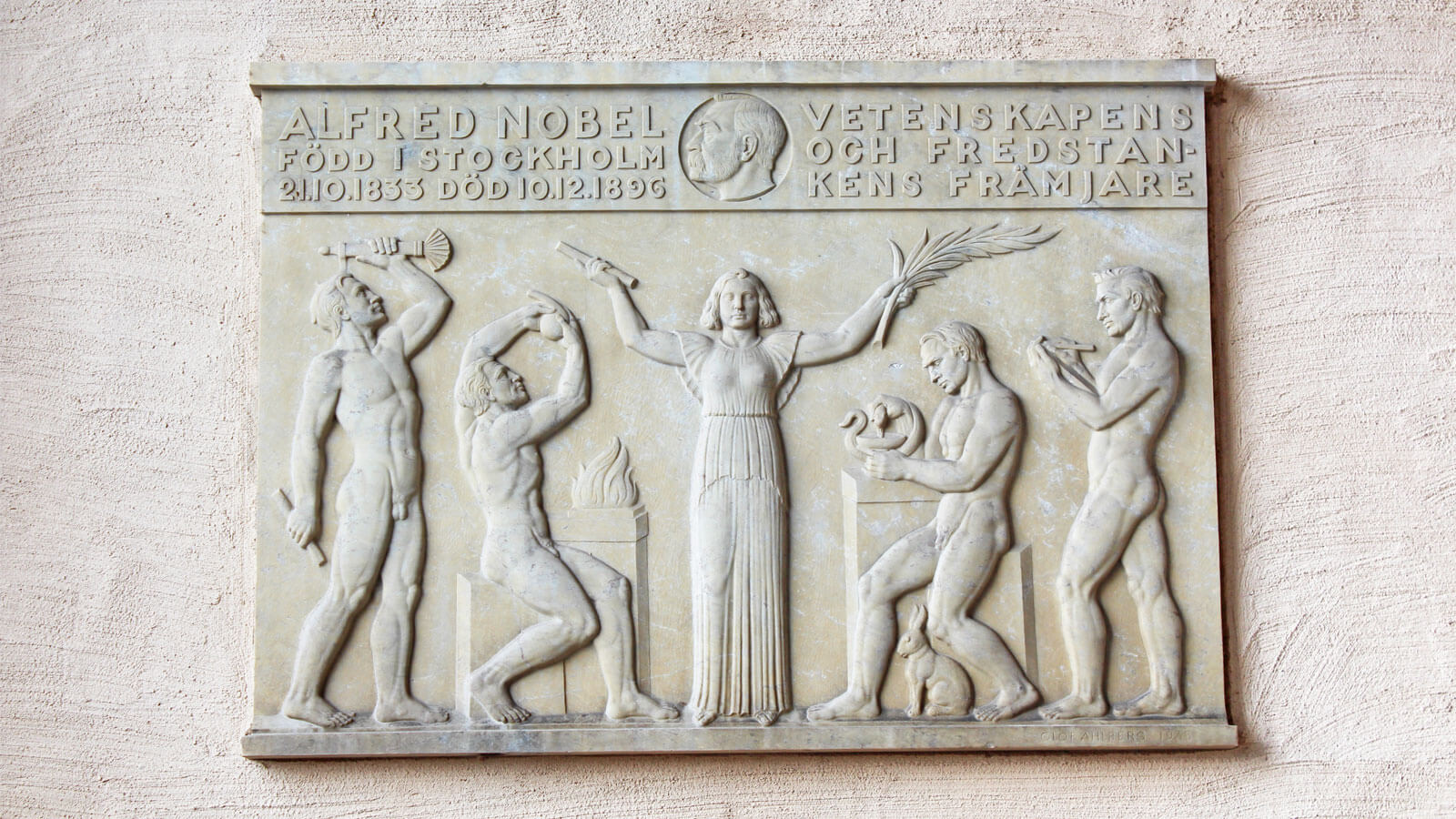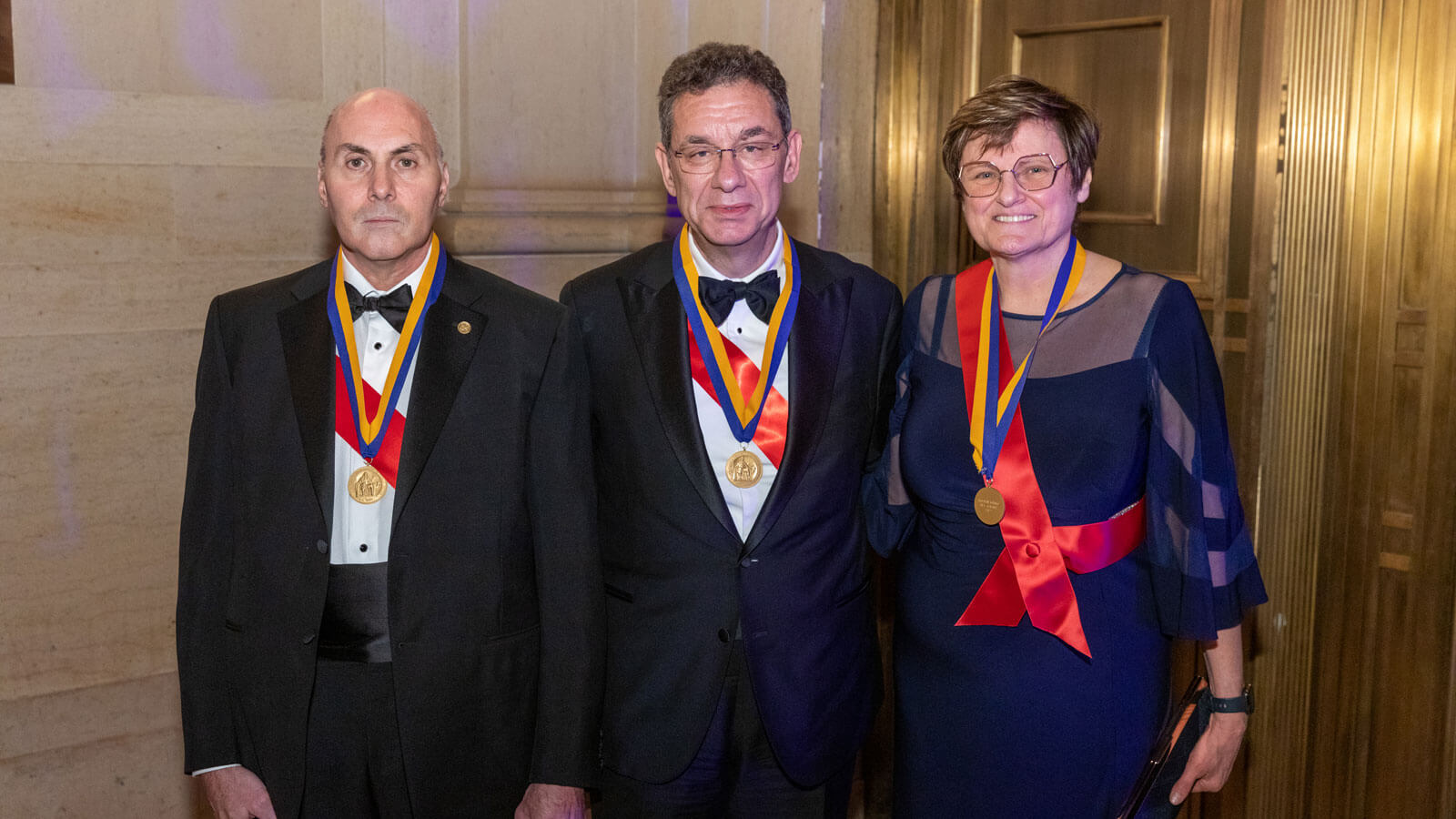Nobel Prize Awarded to Scientists Responsible for mRNA Breakthrough

Legendary scientist Sir Isaac Newton once shrugged off his own impressive accomplishments by stating, “If I have seen further, it is by standing on the shoulders of giants.” He knew that science, and scientific discovery, relies on iteration and progression, and that all progress relies on the groundbreaking work of those who toiled in the past.
Or just 15 years ago.
Over the weekend, professors at the Karolinska Institute in Stockholm awarded the 2023 Nobel Prize for Physiology or Medicine to scientists Katalin Karikó and Drew Weissman for their work in the field of modified messenger RNA (mRNA). Specifically, the Nobel Assembly at Karolinska Institute awarded the prize “for their discoveries concerning nucleoside base modifications that enabled the development of effective mRNA vaccines against COVID-19.”1 Their efforts contributed to the science that helped save millions of lives during the COVID-19 pandemic.
Working together at the University of Pennsylvania, the colleagues discovered a way to eliminate components of the mRNA that would trigger an exaggerated immune response, thus removing a barrier to the development of mRNA vaccine.2
15 years after their groundbreaking study was published, the pandemic hit, and Karikó’s and Weissman’s work helped pave the way for the development of mRNA COVID-19 vaccines, which have been administered over 13 billion times.

(L-R) Drew Weissman, Albert Bourla, and Katalin Karikó at the 2022 Franklin Institute Awards ceremony.
Their discovery helped to unleash the potential of mRNA and will continue to fuel the future development of medicines and vaccines to help fight other infectious diseases and cancers.
We couldn’t be more grateful or prouder that they have been recognized by the Nobel Prize Committee.
- References
- Nature. Pioneers of mRNA COVID vaccines win medicine Nobel. https://www.nature.com/articles/d41586-023-03046-x October 2, 2023.
- NobelPrize.org. Nobel Prize Outreach AB 2023. October 4, 2023. https://www.nobelprize.org/prizes/medicine/2023/press-release/
02.02.2026
01.27.2026
01.13.2026
01.08.2026
01.06.2026
